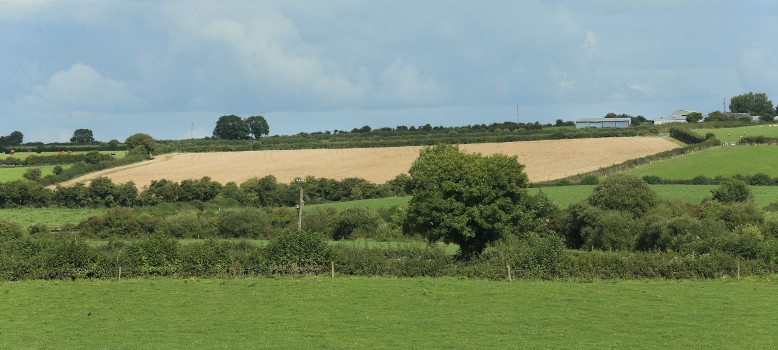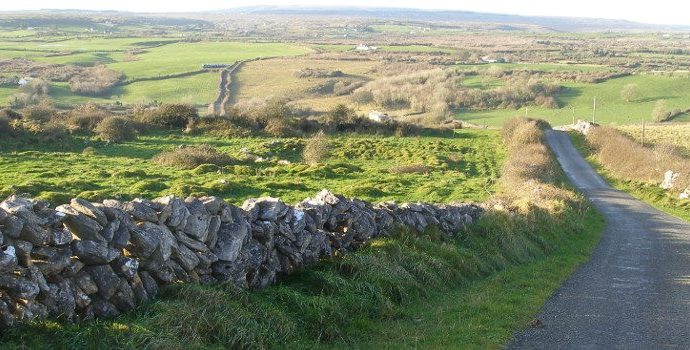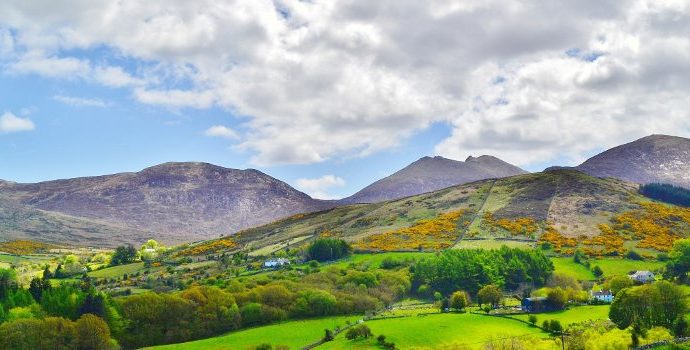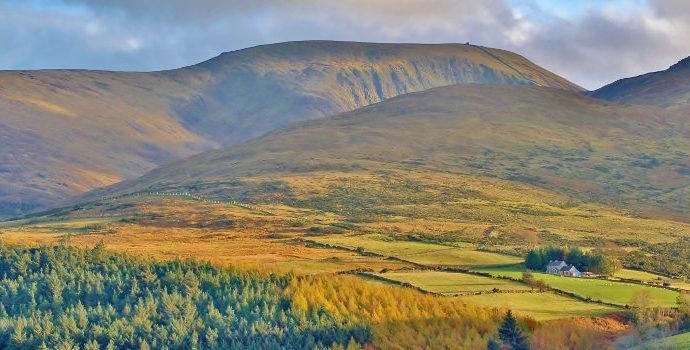Rural Development Reports
Rural Development Council Report November 2021

TAMS
- TAMS Tranche 23 closed for application on Nov 5th and Tranche 24 opened on Nov 6th.
- 2,000 applications were received by DAFM from farmers for Tranche 22.
- Following intense lobbying from IFA, 100% of valid applications will be approved under Tranche 22 clearing the backlog. Approvals are currently being issued
- TAMS costings review was completed in July. All the reference costs under TAMS II have been fully reviewed. The costs will be increased in the case of own labour and in the case of 62 investment items, with increases ranging from 5-40%.
- DAFM carried out this costings review, and the changes will be implemented from the opening of TAMS tranche 23, which commenced on July 24th.
- To keep pace with rising costs, IFA Rural Development Committee continued to lobby to repeat the reference costs review.
- At a meeting with the department in October the department confirmed that another review of the costing has commenced.
- So far in TAMS 45,083 approvals have been issued.
- Payments of €306m have been paid out to 23,359 farmers to date. A further 1,300 farmers have lodged payment claims.
- The revised TAMS Budget to include the CAP Transitional period of 2021 and 2022 is €523.81m
- When the carryover allocation from TAMS 1 is taken into account, €317m has been spent out of the RDP allocation of €523.81m.
2021 BPS/ANC Schemes
- At closing date for BPS 15th May around 129,000 farmers had made application
- IFA dealt with a number of queries from farmers who had issues with making application with the Dept. These were all resolved with the Dept.
- IFA insisted that maximum flexibility was sought to ensure all payments are made.
- 85% ANC worth €195m – started on 15th Sept, farmers who meet their stocking densities are being paid weekly. The remaining 15% balance to be paid in Dec
- 70% BPS has been paid since mid Oct. with balance to be paid in Dec. 117,196 farmers paid advance to date, worth €759m
GLAS
- At the end of 2020, 36,000 farmers completed their GLAS 1 & 2 contracts and were given the option to extend their contract to include 2021. At the end of 2021 a further 12,000 farmers participating in GLAS 3 will finish their contracts. It has been confirmed that all GLAS participants are to be given the option to extend their contracts for 2022.
- At this stage 47,348 farmers have got their full 2020 payment. The total amount paid out under GLAS for 2020 is €200.76.
- The remaining farmers are being paid as problems are being resolved.
- 2021 advance GLAS payments are due to be paid this month.
REAP
- 10,810 applied
- 4,889 approved
- 400 Withdrew – 700 didn’t submit assessment (1,100 in total)
- 3,748 field assessments submitted
- 295 inspections completed
- Payment early December
Agri-Environment Training Scheme – Open to all Farmers to apply
Consists of one training day for farmers up to the end of June 2022
- €156 for the day (6 hours)
- ½ day on farm and ½ day off farm
- Applications will be open before the end of the year
- Course will provide:
- Update on environmental issues and developments at EU & National level
- Lessons from GLAS participation- info on individual commitments and issues arising. Actions to be viewed on farm
- Key ecological concepts e.g., preservation of Natura 2000 sites & bird habitats
- Intro. to results based agri-environmental measures and payments including use of scorecards
- Information on farm health & safety standards
Farm Environment Survey pilot
- It is anticipated that the Farm Environmental Study (FES) will generate a database of baseline habitat and biodiversity data at the farm level and will provide the scope for an analysis of farm habitats and biodiversity and a baseline for future targeting of agri-environmental schemes and measures.
- The Pilot Stage of FES will be carried out on approximately 8000 farms.
- The Pilot FES will provide the farmer with an inventory of habitats, biodiversity and environmental information about his/her own farm.
- Farmers will receive €200 for participation.
- Farm surveys will likely begin Quarter 2 in 2022.
Soil Sampling Programme
- A soil sampling and analysis programme to develop a national baseline of soil parameters and soil health indicators was launched by the DAFM in June.
- Was open for application in September
- 15,500 farmers applied to participate
- Soil sampling will start at the end of 2021 and continue into 2022
- The incentive for farmers is to receive comprehensive soil analysis reports with next generation data which, with advisory support, will be used as a soil management tool on the farm.
CAP
- The Rural Development committee participated in the preparation of IFA’s submission on the Proposed Interventions in the CAP Strategic Plan 2023-2027
- IFA Rural Development committee is engaging with COPA and the EU commission on various aspects of CAP.
- Ongoing dialogue with the Department of Agriculture
- The public consultation for the CAP Strategic Plan was launched on November 8th is currently open for submissions until December 8th.
- A new Agri-environment and climate measure (AECM) will replace the current GLAS scheme. It will consist of two elements:
- Cooperation Project option,
- available to farmers in defined high priority geographical areas.
- Farmers participating in this option will have to work with a Local Cooperation Project Team, who will assist implementation of the scheme at local level.
- 8 Zones identified- not yet clarified
- It will build on the current EIP’s – one contract
- Co-op team- to devise landscape actions and promote plans to incentivise applications
- This will include results-based and landscape level actions.
- Get payment + landscape action + non-productive investment
- Average payments are expected to be in the region of €7,400 with the potential for a maximum of €10,000.
- Expected uptake under the AECM Co-Operation is estimated to be 20,000 farmers over a number of tranches.
- General option,
- Available nationally to farmers not in the Co-operative Model areas
- This will consist of farm level actions including results-based measures.
- Average payments are expected to be in the region of €5,000 per annum over the five-year period of the scheme with the potential to reach a maximum of €7,000.
- Expected uptake is estimated to be 30,000 farmers over a number of tranches.
- The scheme will only support 50,000 farmers, which is wholly inadequate to meet likely demand based on current number participating in GLAS and the number who applied for REAP and will will possibly exclude thousands of farmers.
- The cooperative model and the general option are to include results-based measures. Results-based can have a negative effect on payments. Results-based measures must be realistic and suitable for all sectors, include a large list of options and provide for simple scoring which is easily defined. They must also be practical and achievable
- Opening of Scheme on a Tranche basis will lead to a gap between completing GLAS and commencement of AECM, which is unacceptable to IFA
- The design of the Co-op aspect of the scheme is likely to lead to leakage of funds to administrative costs. Funding for the Local Project Team involved in the running of the co-operative option part of the scheme must not come from CAP and leakage of funds must not be allowed.
- Cooperation Project option,




